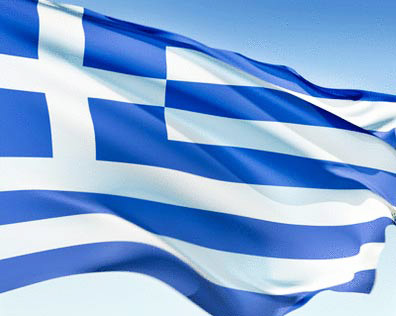Baku, Azerbaijan, Sept. 25
By Aygun Badalova - Trend:
Greece improves its positioning and enhances its role in the international energy scene, becoming a hub for Southeast Europe, as well as continental Europe, according to the country's Prime Minister Antonis Samaras, Forbes reported citing the local press reports.
Long dependent on energy imports to meet domestic demand, Greece has recently moved to promote the country's own potential, including boasting of 4.7 trillion cubic meters of gas in local waters - enough to one day provide up to 25 percent of European demand, according to the Prime Minister.
The consumption of gas in Greece amounted to 3.6 billion cubic meters in 2013 which is 11.5 percent less than in 2012, according to BP's recent statistical review. In total Greece imported three billion cubic meters of gas through the pipeline. 2.4 billion cubic meters of that amount Greece imported from Russia. That means that Greece imported more than 50 percent of its consumed gas from Russia.
Greece will be the starting point in the European direction transportation route, through which Azerbaijani gas will be delivered to the EU countries in 2019. Gas will be transported through the Trans Adriatic Pipeline (TAP) in the amount of ten billion cubic meters with the possibility of the further expansion.
On the basis of the commercial contracts with the European buyers, Greece will get about one billion cubic meters of Azerbaijani gas.
Recently in Baku, Antonis Samaras said that construction of TAP is a top priority for Greece, and that the prospect of connecting TAP with other pipelines that would cross southeastern Europe will have many benefits.
TAP will connect with the Trans Anatolian Pipeline (TANAP) near the Turkish-Greek border at Kipoi, cross Greece and Albania and the Adriatic Sea, before coming ashore in southern Italy. Construction of the pipeline is planned to start in 2016.
The initial capacity of the pipeline will be 10 billion cubic meters per year, but it can easily be expanded to 20 billion cubic meters per year. TAP's shareholding is comprised of BP (20 percent), SOCAR (20 percent), Statoil (20 percent), Fluxys (16 percent), Total (10 percent), E.ON (9 percent) and Axpo (5 percent).






